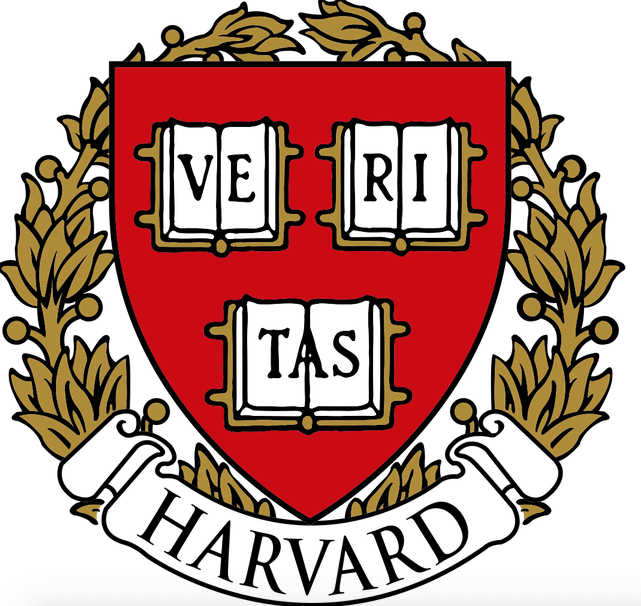New York Student Gets Into All Eight Ivies, Racist Commentary Commences


Harvard: Not quite as hard to get into as some New York City public high schools, but close!
High school senior Harold Ekeh accomplished a feat that is just about next to impossible: He was accepted into all eight (yes, we’re including Cornell!) Ivy League colleges, as well as each of the other competitive colleges, like MIT and Johns Hopkins, to which he applied. New York reports that Ekeh, a Nigerian immigrant, is the salutatorian of his class, “scored a 2270 on the SATs… is interested in studying medicine… [and is] leaning toward Yale.” Good for him, right? Must be an incredible feeling to have achieved such an amazing feat, matching Ekeh’s fellow Long Island-er, Kwasi Enin, who was accepted to all eight Ivies last spring. These young men are the future! What possible response could there be other than to celebrate them and admire their hard work, perseverance, and fortitude? Oh, I don’t know. Maybe abject racism? Yeah, probably that.
Much like the anonymous commentariat’s response to Enin’s acceptance into all eight Ivies last year, many people reading the New York blog post just couldn’t help themselves from skipping past the part where they admire what a stellar student Ekeh is, and straight into the part where they complain about how he’s not that great after all, and he only got into all eight Ivies because he’s black. One disgruntled commenter asks if the Nigerian-born Ekeh is so damned “so smart, why the heck is his native country such a hell hole of corruption, discord and backwardness?” Huh. Interesting point! I literally never would have thought to question why the long-standing systemic problems in a country once plagued by colonialism among other things have not been solved by a teenage boy. Anyway. Another commenter writes: “The supply of highly overachieving black students is so small that all the top schools are desperate to have any of them. An Asian kid with an IDENTICAL resume would not have nearly the same success.”
This sentiment was echoed by many others last year as well, and is of particular interest to me following a recent blogpost I wrote about the diversity issues at New York City’s specialized high schools, which have a wildly disproportionate representation of the racial make-up of the public school student population. Unlike the specialized high schools, where admissions is solely test-based, colleges rely on a variety of factors—including an ongoing attempt to maintain a racial balance which better evokes the makeup of our population as a whole—when choosing whom to offer a seat. In recent years, there have been many complaints leveled at colleges about the unfairness of this tactic, primarily by white students, but also increasingly by Asian-Americans, who, as a group, tend to need to score much higher on tests like the SAT or ACT, and have higher GPAs, in order to be considered for admission. And just today, I learned that Indian-American actress Mindy Kaling’s brother apparently has a whole book coming out about how he pretended to be black on his med school application. Apparently, Mindy Kaling told him not to publish the book because it would “bring shame” on their family. But he’s doing it anyway. So. I don’t really have much more to say about him.
But back to Ekeh. While Ekeh’s race and nationality undoubtedly played a part in his acceptance into these colleges (just like a white applicant’s legacy at a school can help him or her, and has for generations), these were hardly the only factors considered. The fact remains that Ekeh is graduating second in his class, had excellent SAT scores, and seems to be an exemplary, well-rounded student. There is little doubt that he will do well at whatever school he attends. There is also little doubt that hundreds, if not thousands, of students were rejected from Harvard and the other Ivies who were, on paper, virtually identical to Ekeh, but who also would have done well. And the fact that many Ivy League schools have as small a percentage of Asian-American students attending in 2015 as they did decades ago is a troubling reminder of the types of quotas that were once placed on Jewish applicants. But this does not mean that Ekeh did not earn his acceptance letters. He most certainly did. This system is inherently flawed as all alleged meritocracies are: Simply put, there’s no easy way to determine who is “the best” at this level. There is no one system of pleasing everyone. But that is no reason to resort to racist criticisms of a student who did everything right, and who has the admissions letters to prove it.
Follow Kristin Iversen on twitter @kmiversen
You might also like 




















